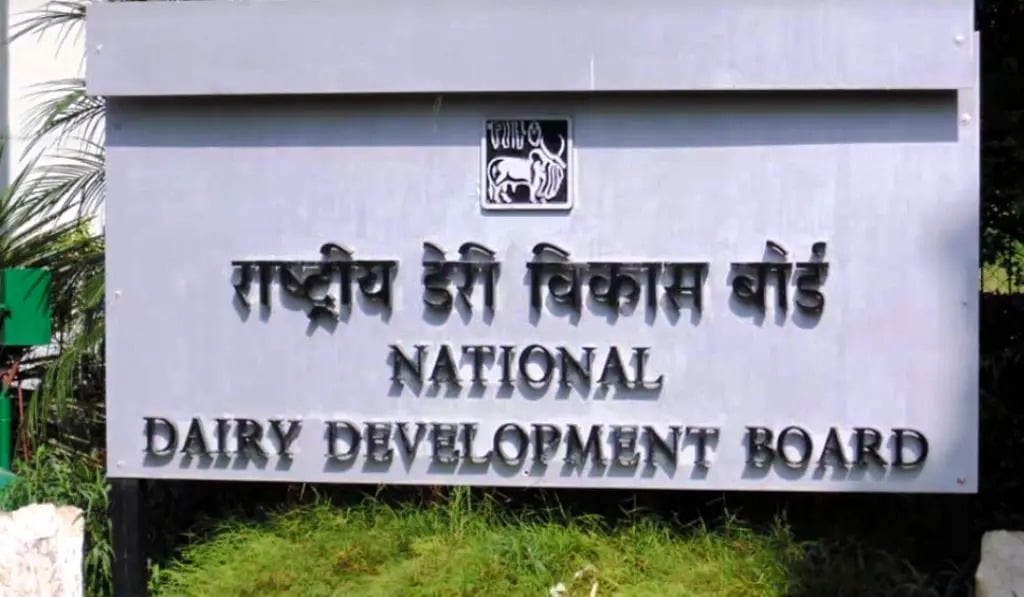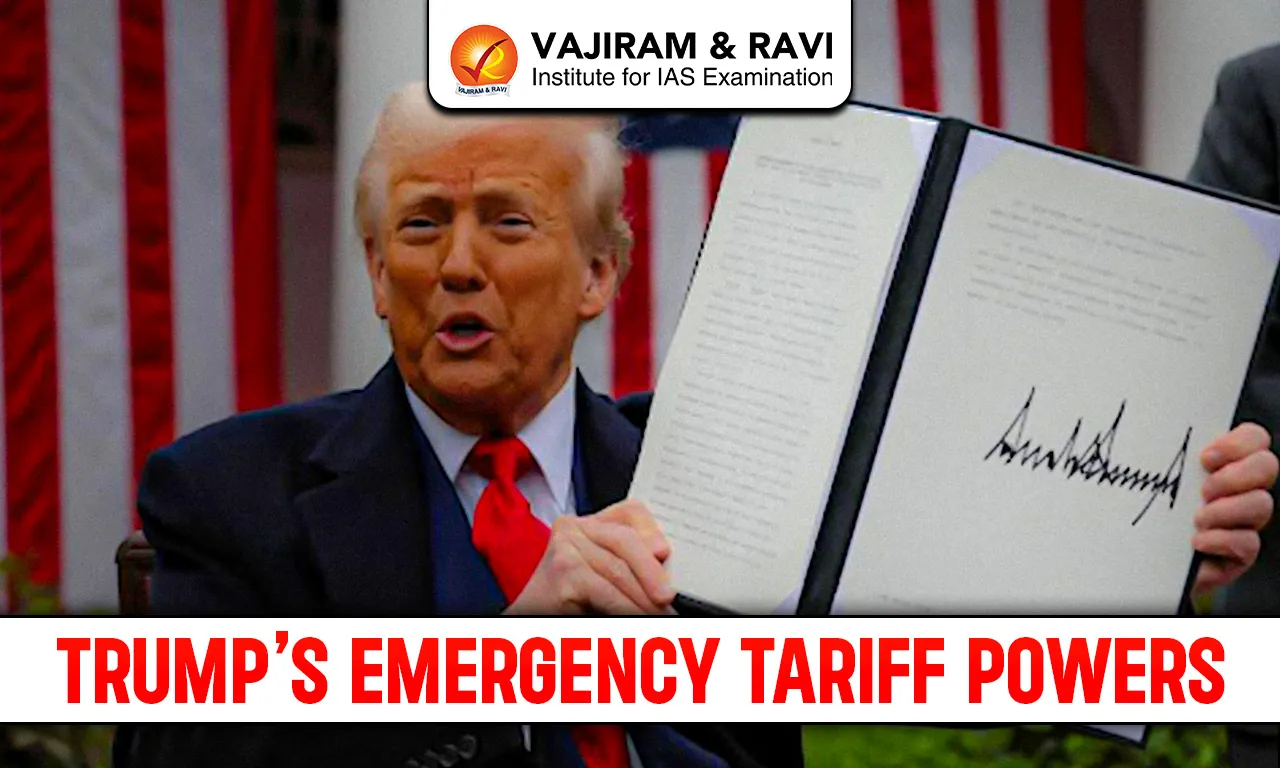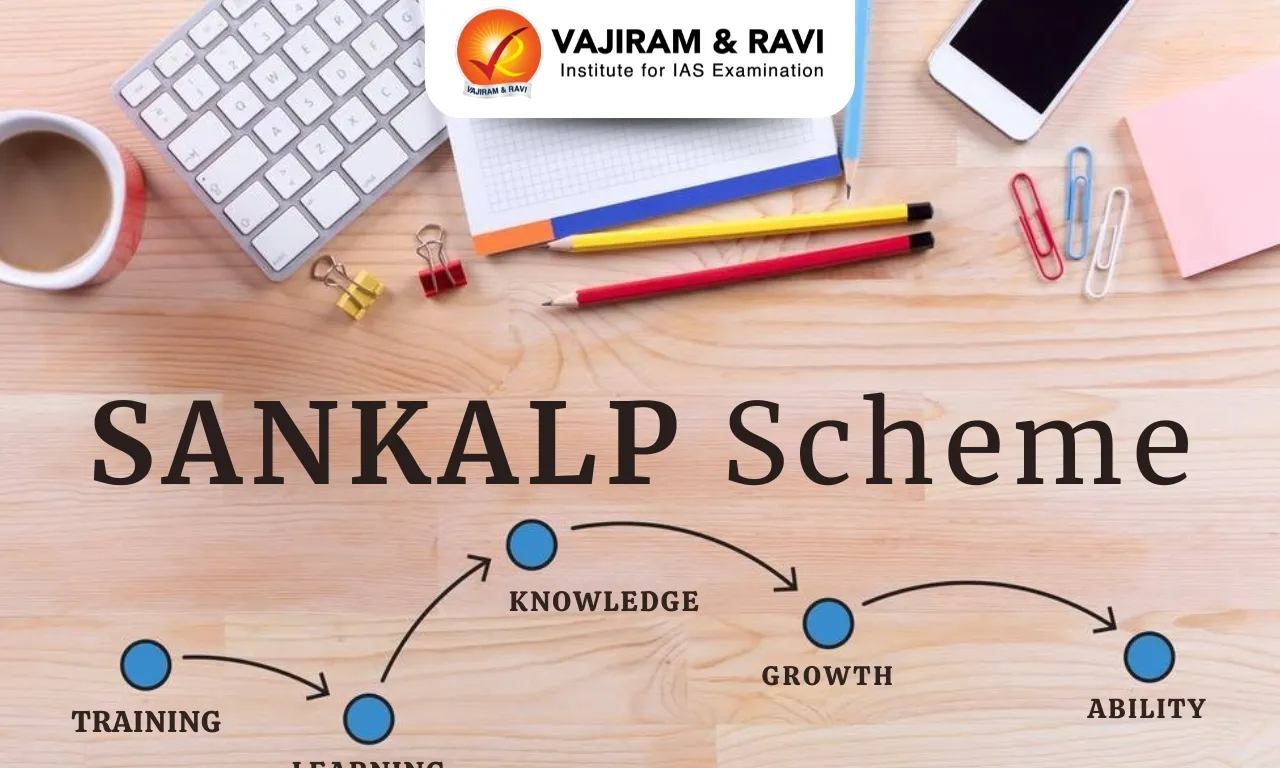What’s in today’s article:
- About FPOs
- News Summary
Why in news?
- The National Dairy Development Board (NDDB) was recently designated by the Government of India as the implementing agency for the establishment of 100 fodder-centric Farmer Producer Organizations (FPOs) in 2022-23.
The Farmer Producer Organizations (FPOs):
- Background:
- There is a need to facilitate Indian farmers with access to improved technology, credit, better input and more markets to incentivize themto produce better quality commodities.
- Because more than 86% of farmers in India are small, marginal and landless, aggregating these farmers into FPOs will assist farmers improve their economic strength and market linkages, hence increasing their income.
- About FPOs:
- FPO is a type of voluntary Producer Organisation (PO) registered under the Companies Act, 2013and controlled by farmer-members who actively participate in making decisions and setting policies.
- The PO is a producer-led organisation that aggregates any produce, such as non-farm products, agricultural products, artisan products, etc.
- Supported by the Small Farmers’ Agribusiness Consortium (SFAC), the primary operations of the FPOs include the supply of seed, market linkages and fertiliser, machinery, training, financial, networking and technical advice.
- The main aim of the FPOs is to increase the income for the producers as a small producer does not have the volume to take advantage of economies of scale. Thus, FPOs boost farmers’ competitiveness.
- FPO is a type of voluntary Producer Organisation (PO) registered under the Companies Act, 2013and controlled by farmer-members who actively participate in making decisions and setting policies.
- Benefits of FPOs:
- The FPOs can engage farmers in addressing productivity issues, emanating from small farm sizes.
- It may also result in additional employment generation because of the increased intensity of farming.
- It allows farmer members to negotiate with corporates as a group and help small farmers in both output and input markets.
- The FPOs can provide quality and low-cost inputs to member farmers, enable them to save time, avoid distress sales, reduce transaction costs, isolate themselves from price fluctuations, etc.
- Social capital will develop in FPOs, improving women farmers’ decision-making and gender relations in the FPOs. It will ensure food-nutritional security and reduce social conflicts.
- Government initiatives to promote FPOs:
- Since 2011, the government has intensively promoted the FPOs under the NABARD, SFAC, NGOs and state governments.
- The Ministry of Agriculture and Farmers Welfare stated that the FPOs are developed under ‘One District One Product’ scheme, where the agricultural/horticultural produce are grown to improve market access for members and leverage economies of scale.
- The ongoing support for the FPOs is mainly in the form ofcash infusion(up to Rs.10 lakh to registered FPOs) and providing credit guarantee cover to lending institutions.
- The Union Budget 2019-20 talked of setting up additional 10,000 FPOs in the next five years.
- As a result, the Central Sector Scheme of “Formation and Promotion of 10,000 Farmer Producer Organizations (FPOs)” till 2027-28 was launched in 2021.
News Summary:
- According to the National Statistical Office report, titled – Situation Assessment of Agricultural Households and Land and Livestock Holdings of Households in Rural India, 2019:
- 48.5% (8.37 crore) of the total 17.24 crore rural households reported owning cattle ‘in milk’, young cattle and cattle in ‘others’ category during July-December 2018.
- Further, 43.8% of the total 9.3 crore agricultural households used green fodder, and 52.4% dry fodder during the period.
- The idea of establishing fodder-centric FPOs was first proposed by the Union Ministry of Fisheries, Animal Husbandry and Dairying in 2020, with the goal of addressing the country’s fodder deficit.
- The Department of Agriculture & Farmers Welfare has recently approved to designate NDDB as implementing agency under the scheme of formation and promotion of 10,000 FPOs to form and promote FPOs.
- Under this, NDDB has been assigned to form 100 FPOs during 2022-23, which will be primarily fodder centric and animal husbandry activities as a secondary activity.
- This comes just a month after a report revealed that wholesale price index-based fodder inflation reached a 9-year high of 25.5% in August 2022, emphasising the difficulties faced by rural families whose livelihoods rely on livestock.
Last updated on February, 2026
→ UPSC Notification 2026 is now out on the official website at upsconline.nic.in.
→ UPSC IFoS Notification 2026 is now out on the official website at upsconline.nic.in.
→ UPSC Calendar 2026 has been released.
→ UPSC Final Result 2025 is expected to be released in the second week of April 2026.
→ Check out the latest UPSC Syllabus 2026 here.
→ Join Vajiram & Ravi’s Interview Guidance Programme for expert help to crack your final UPSC stage.
→ UPSC Mains Result 2025 is now out.
→ UPSC Prelims 2026 will be conducted on 24th May, 2026 & UPSC Mains 2026 will be conducted on 21st August 2026.
→ The UPSC Selection Process is of 3 stages-Prelims, Mains and Interview.
→ Prepare effectively with Vajiram & Ravi’s UPSC Prelims Test Series 2026 featuring full-length mock tests, detailed solutions, and performance analysis.
→ Enroll in Vajiram & Ravi’s UPSC Mains Test Series 2026 for structured answer writing practice, expert evaluation, and exam-oriented feedback.
→ Join Vajiram & Ravi’s Best UPSC Mentorship Program for personalized guidance, strategy planning, and one-to-one support from experienced mentors.
→ Check UPSC Marksheet 2024 Here.
→ UPSC Toppers List 2024 is released now. Shakti Dubey is UPSC AIR 1 2024 Topper.
→ Also check Best UPSC Coaching in India




















